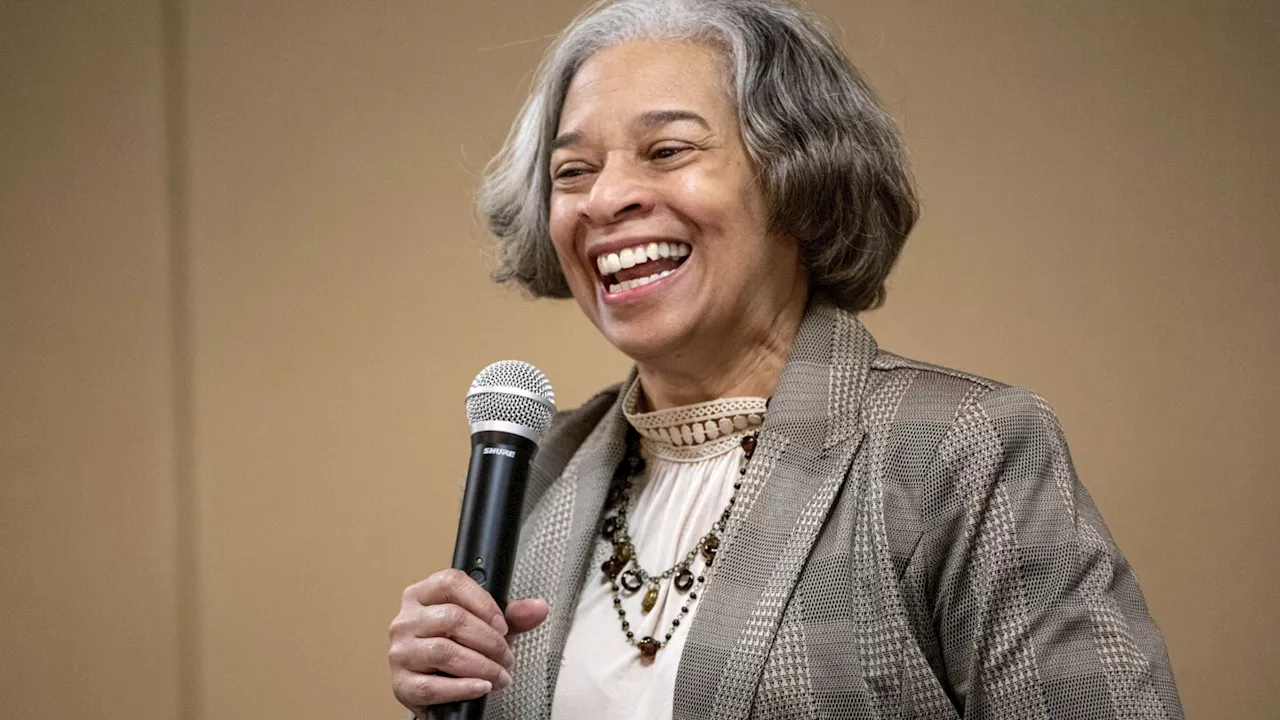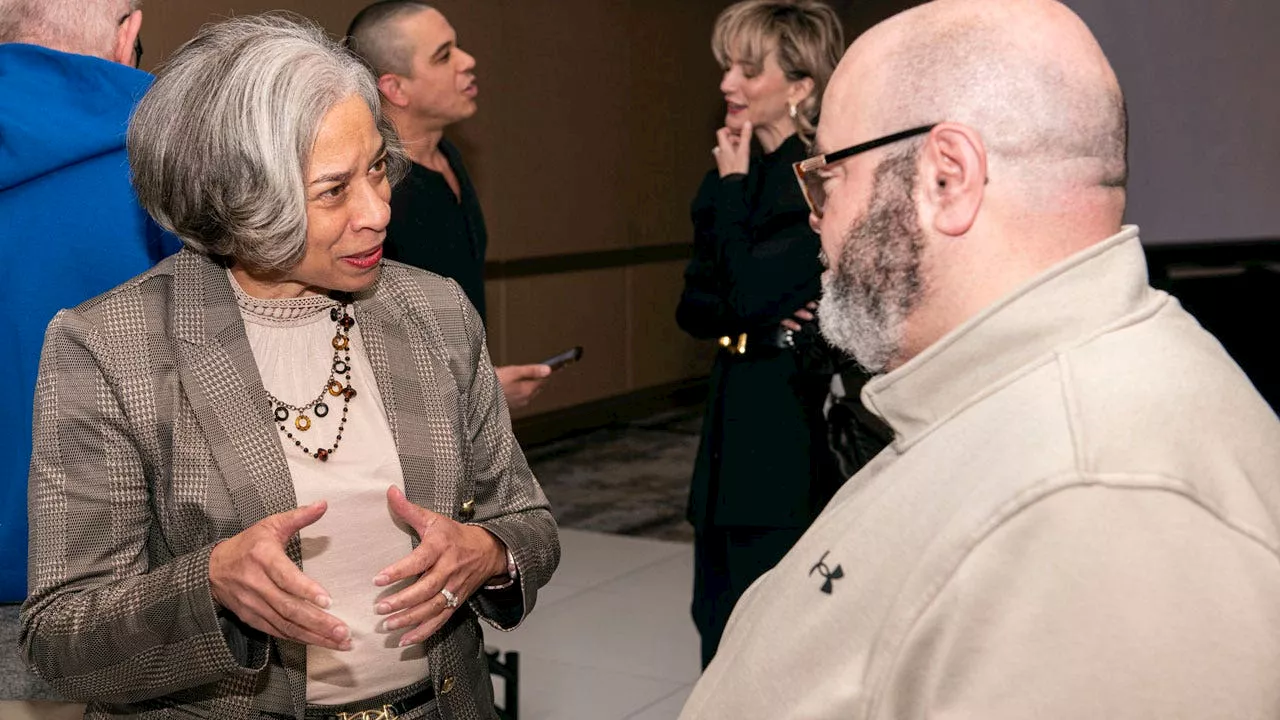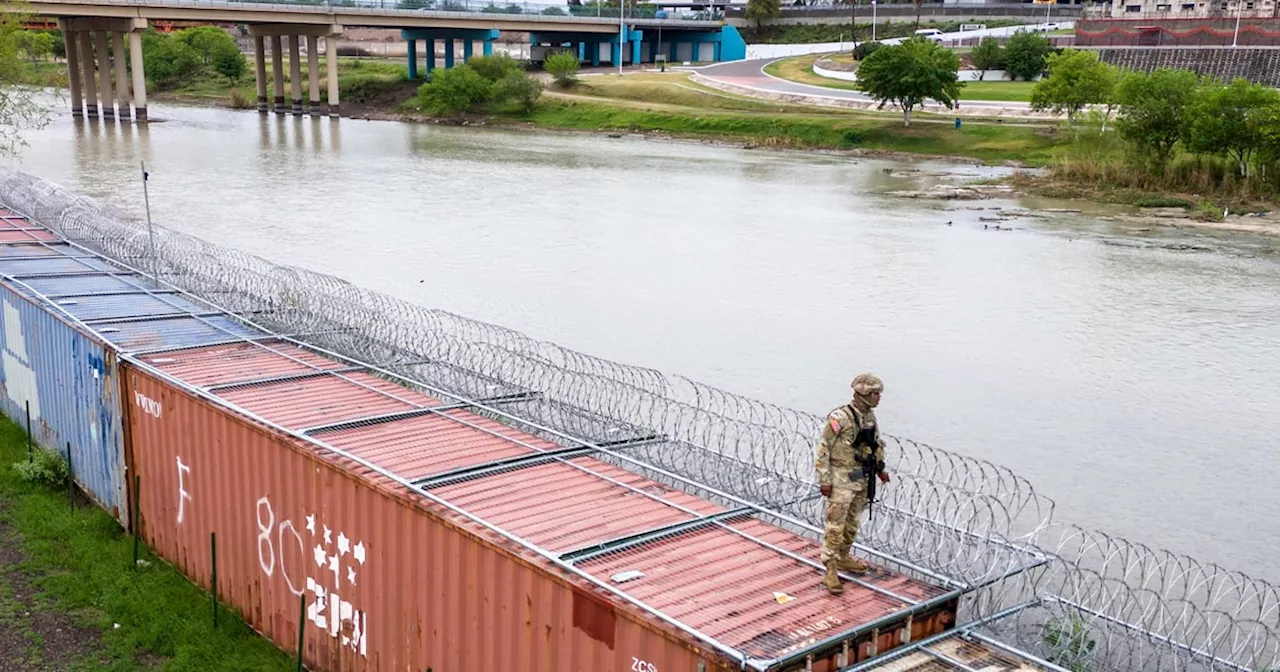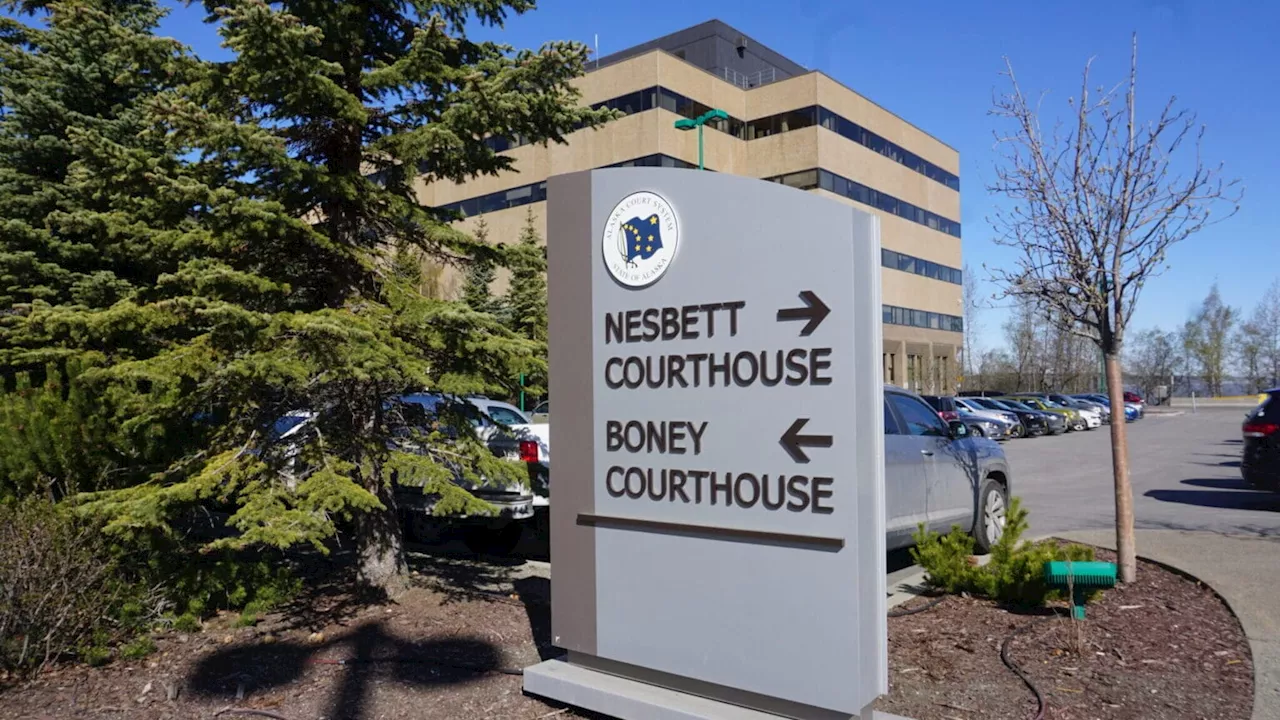The Alaska Supreme Court has ruled against a program that allows the state to distribute cash payments to the parents of homeschooled students, stating that it violates constitutional prohibitions against spending state money on private education. The decision has immediate implications for the thousands of students enrolled in state-operated correspondence programs used by homeschooled students.
The Boney Courthouse in downtown Anchorage, across the street from the larger Nesbett Courthouse, holds the Alaska Supreme Court chambers. that allows the state to distribute cash payments to the parents of homeschooled students on the grounds that it violates constitutional prohibitions against spending state money on private education .The decision has major and immediate implications for the 22,289 students enrolled in state-operated correspondence programs used by homeschooled students .
The change throws a hot potato into the halls of the Alaska Legislature, which has been struggling for months to pass education legislation. The stakes for correspondence programs and public schools in general are high. Since the 2014 law, roughly 10% of Alaska school enrollment has shifted from school buildings to correspondence programs, with the pace of the shift accelerating over the past four years.Alaska has operated correspondence programs for homeschooled students since before statehood, but only recently have those programs begun giving cash allocations to families.
The idea appears to remain widespread today. The Alaska Policy Forum, a limited-government group that once included Jodi Taylor on its policy board,filed suit against the state’s education commissioner and the state of Alaska In its section on public education, the constitution says: “No money shall be paid from public funds for the direct benefit of any religious or other private educational institution.”
“Parents have the right to determine how their children are educated,” Zeman wrote. “However, the framers of our constitution and the subsequent case law clearly indicate that public funds are not to be spent on private educations.” “Really what was going on here was the reimbursement of state funds to pay for tuition at private schools. That was really, in a nutshell, what this case was all about,” he said. Now that cannot happen any longer, but Kendall stressed that the ruling does not affect parents retroactively.
It’s also possible that the decision could be stayed — or put on hold — until the end of the state’s fiscal year on June 30 to avoid disruptions for students in correspondence programs. Wielechowski said he would support such a stay.
Alaska Supreme Court Cash Payments Homeschooled Students Constitutional Prohibitions Private Education Correspondence Programs
United States Latest News, United States Headlines
Similar News:You can also read news stories similar to this one that we have collected from other news sources.
 EDITORIAL: Protecting Alaskans from eyes in the skyAlaska’s state Supreme Court justices are right, and their decision is prescient.
EDITORIAL: Protecting Alaskans from eyes in the skyAlaska’s state Supreme Court justices are right, and their decision is prescient.
Read more »
 Ohio Supreme Court primary with 2 Democrats kicks off long campaign over court's partisan controlThe Democratic primary for one of three contested seats on the Ohio Supreme Court will kick off a high-stakes battle for partisan control of the court this fall
Ohio Supreme Court primary with 2 Democrats kicks off long campaign over court's partisan controlThe Democratic primary for one of three contested seats on the Ohio Supreme Court will kick off a high-stakes battle for partisan control of the court this fall
Read more »
 Ohio Supreme Court primary with 2 Democrats kicks off long campaign over court's partisan controlThe Democratic primary for one of three contested seats on the Ohio Supreme Court will kick off a high-stakes battle for partisan control of the court this fall. The court currently has a 4-3 Republican majority. To flip that, Democrats must sweep the races in November by retaining two incumbents and winning an open seat.
Ohio Supreme Court primary with 2 Democrats kicks off long campaign over court's partisan controlThe Democratic primary for one of three contested seats on the Ohio Supreme Court will kick off a high-stakes battle for partisan control of the court this fall. The court currently has a 4-3 Republican majority. To flip that, Democrats must sweep the races in November by retaining two incumbents and winning an open seat.
Read more »
 Ohio Supreme Court primary begins as Democrats try to flip court from Republican controlThe Democratic primary for one of Ohio's Supreme Court seats has begun. The state's Supreme Court has a 4-3 Republican majority, but Democrats hope to flip that in their favor.
Ohio Supreme Court primary begins as Democrats try to flip court from Republican controlThe Democratic primary for one of Ohio's Supreme Court seats has begun. The state's Supreme Court has a 4-3 Republican majority, but Democrats hope to flip that in their favor.
Read more »
 Appeals court blocks Texas immigration law after Supreme Court actionLawrence Hurley covers the Supreme Court for NBC News.
Appeals court blocks Texas immigration law after Supreme Court actionLawrence Hurley covers the Supreme Court for NBC News.
Read more »
Montenegro’s Supreme Court sends Do Kwon’s extradition case back to lower courtThe legal tussles in Montenegro’s courts continue as the country’s Supreme Court sends the question of Terraform Labs co-founder Do Kwon’s extradition back to a high court.
Read more »
